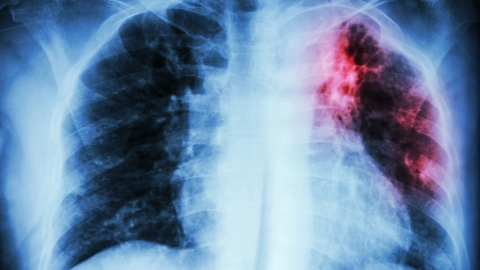ICD-Code A19.0: Acute miliary tuberculosis of a single specified site
You have tuberculosis. The tuberculosis has spread to a site in your body.
Tuberculosis is also abbreviated to TB. Tuberculosis is caused by certain bacteria. The bacteria are transmitted through coughing and sneezing, for example. The bacteria can remain undetected in the body for a very long time. But they can also cause severe inflammations. The bacteria trigger symptoms when the body’s defense system is weakened. For example, tuberculosis may cause fever, coughing and a feeling of weakness. It is also possible to lose weight and feel very tired.
If tuberculosis spreads in the body, the affected organs become inflamed. It is common to feel very sick and weak. You may get a high fever. Depending on which organs are affected, various other symptoms may occur.
Additional indicator
On medical documents, the ICD code is often appended by letters that indicate the diagnostic certainty or the affected side of the body.
- G: Confirmed diagnosis
- V: Tentative diagnosis
- Z: Condition after
- A: Excluded diagnosis
- L: Left
- R: Right
- B: Both sides
Further information
Source
Provided by the non-profit organization “Was hab’ ich?” gemeinnützige GmbH on behalf of the Federal Ministry of Health (BMG).

